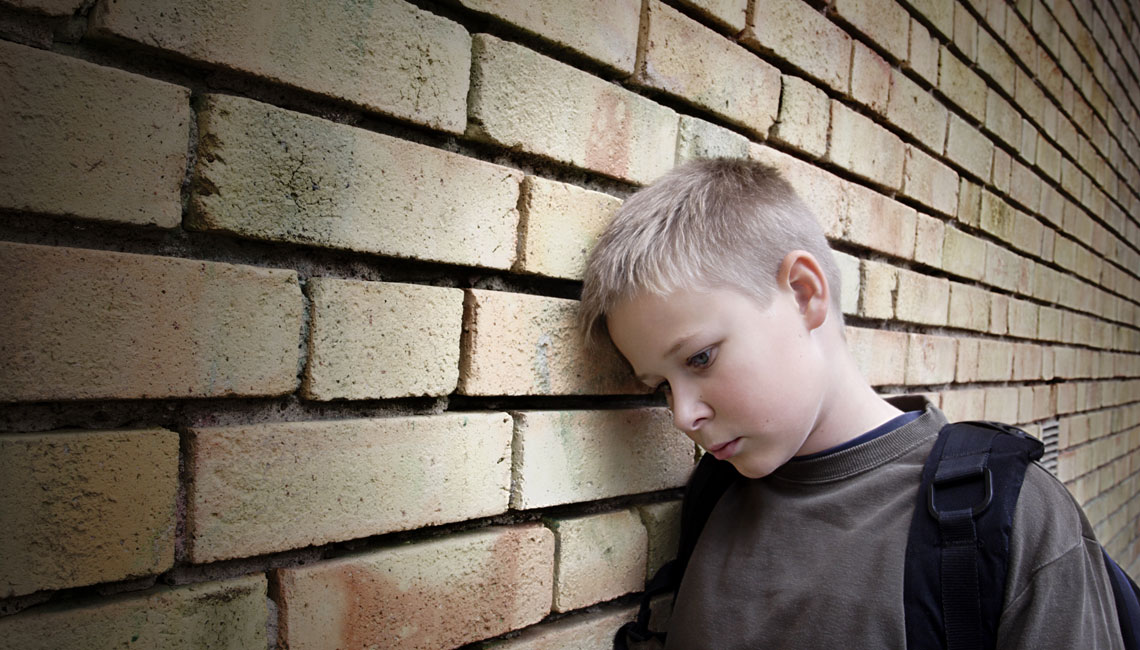Children who are bullied may display warning signs before they tell you or another adult.
If you notice that your child hasn’t been acting like him or herself, seems unhappy or displays any of the warning signs, the first thing you should do is try talking to him or her. Or, have your child speak to someone whom you both trust.
A strong dislike for school
Similar to how adults sometimes feel about going to work, nearly all children experience moments when they wish they could skip a day of school. That is normal. What is not normal is when a child repeatedly talks about not liking school or wanting to go. This may include frequently claiming symptoms of illnesses to avoid going to school.
A change in friends and social behavior
Over the years, your child’s friends may change. But, when you notice that your child starts doing less with his/her friends, is often excluded from invite lists and/or avoids going to social events, you should try to find out why.
Repeated physical injuries
Children that are victims of physical bullying will often display bruises, scratches, black eyes and other signs of assault. Whenever you see a mark that seems out of the ordinary, be sure to ask your child about it.
A change in eating and/or sleeping
As a child gets older, it can be normal for their eating and sleeping habits to gradually change. “Red flags” in this area include sudden changes, excessive sleeping, insomnia, no appetite and binge eating.
Isolating in room and talking less
Children that are bullied will often begin to socialize less with others, including their family. When this occurs, the child may try to exclude themselves from family activities, no longer initiate or engage in conversations and “hibernate” in his or her room.
A decline in grades and academic performance
Often, a decline in grades is a result of the other signs that may be caused from being bullied. For example, if a child is not getting enough sleep or begins to withdraw from social engagement at school, their grades can be affected. Children that are bullied may also develop an “I don’t care” attitude, which often impacts grades.
Knowledge is Power.
When your child is being bullied, one of the best things you can do is to help empower him or her to change the situation. The more knowledge you have on the impact and resolution of bullying, the more power you have to help your child heal.
Contact Danielle at for support and/or more information on bullying: email dmatthew@empowerment.space or call 818-267-4282.



![Danielle-TN-NM-LOGO[27]](https://empowerment.space/wp-content/uploads/2022/05/Danielle-TN-NM-LOGO27-150x150.png)
